United Nations Development Programme (UNDP)
General Assembly
The United Nations Development Programme (UNDP) is a United Nations agency tasked with helping countries eliminate poverty and achieve sustainable economic growth and human development. The UNDP emphasizes developing local capacity towards long-term self-sufficiency and prosperity. In its goal to end poverty and build democratic governance, rule of law, and inclusive institutions, the UNDP must aspire to improve conditions in developing countries most urgently in need.
Delegates in the UNDP must collaborate and employ critical thinking to make decisions that ensure short- and long-term economic development in member countries. At CMUNCE XXIII, this General Assembly committee will consider the Belt and Road Initiative, a massive China-led infrastructure project that aims to stretch around the globe. The initiative has stoked opposition in some Belt and Road countries that have experienced debt crises. It is up to the delegates to work together to decide the future of Belt and Road countries.
Topics of Debate:
Topic A: Social and Economic Inclusivity of China’s Belt-and-Road Initiative
The UNDP can examine how the BRI projects impact local communities in participating countries. They could focus on ensuring that the benefits of infrastructure development are equitably distributed and that marginalized communities are not left behind. This may involve discussing issues related to job creation, social inclusion, poverty reduction, and equitable access to healthcare and education in areas where BRI projects are implemented.
Topic B: Sustainable Development and Environmental Impact of China’s Belt-and-Road Initiative
The BRI involves extensive infrastructure development projects across multiple countries, including roads, railways, ports, and energy facilities. The UNDP could discuss the environmental and ecological impacts of these projects and work with China and the participating countries to ensure that BRI projects are aligned with sustainable development goals. This could involve addressing concerns such as biodiversity conservation, climate change mitigation, and minimizing the environmental footprint of infrastructure development.
Questions to Consider:
What might be China’s motives in implementing the BRI? Is China likely to be successful in those pursuits?
How are beneficiaries likely to gain from the BRI, and how might they be harmed?
Is the BRI promoting capacity building and local ownership?
Is there a focus on human rights and governance with the BRI?
How can the UNDP ensure social and environmental benefits of the infrastructure projects in beneficiary countries? How does this initiative align with the Sustainable Development Goals (SDGs)?
Should the UNDP address China’s soft power and economic leverage over developing nations resulting from the BRI?

